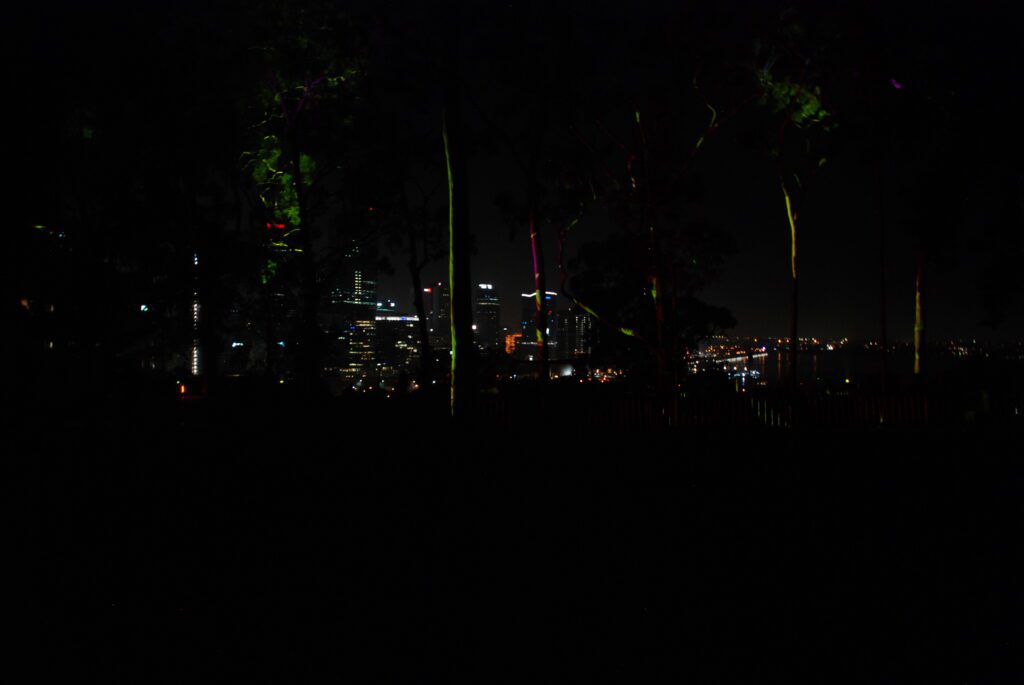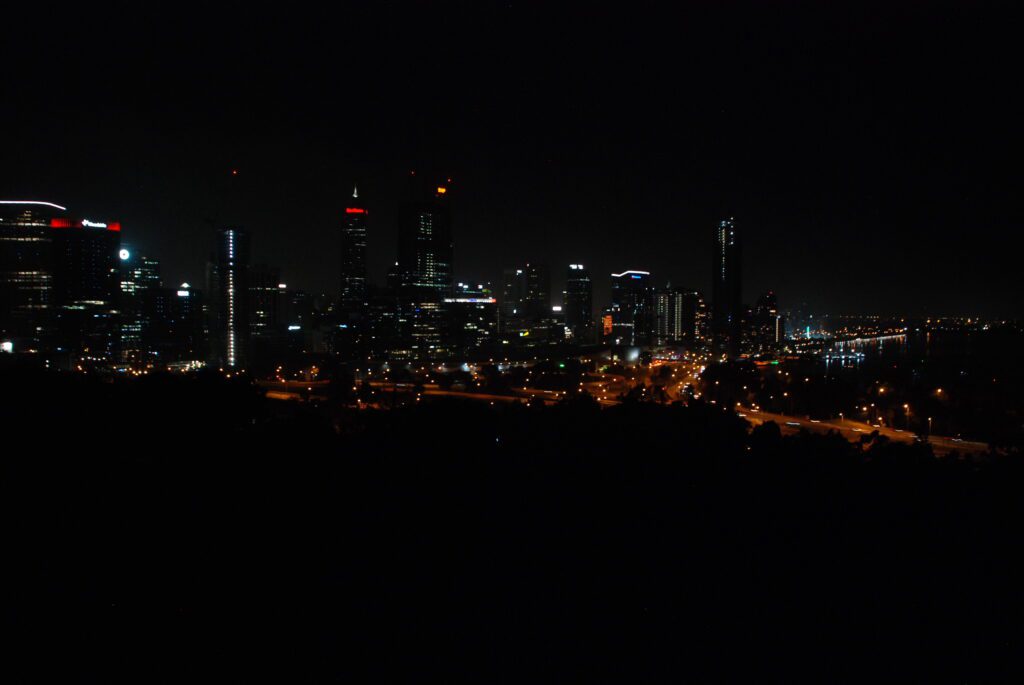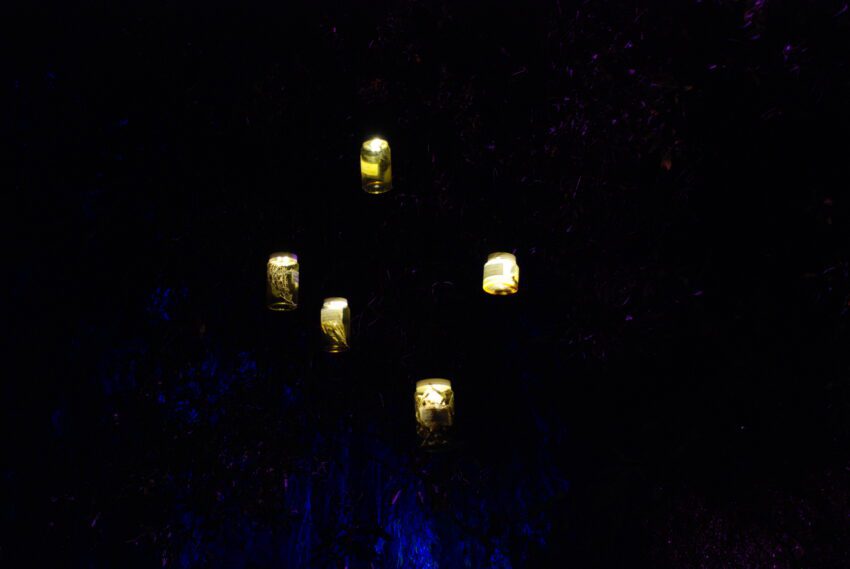Three months ago, I wrote this reflective writing piece after an article prompted me to think about this horrific experience I shared with Juema. Fast forward to today, when the voice referendum vote is around the corner. I feel that sharing this before Saturday’s vote may help people understand just how prevalent racism can be within today’s society and its impacts on First Nations peoples. The effect of misinformation, racism and mental fatigue due to the referendum is something I genuinely empathise with First Nations peoples on.
I’m grateful for X. How often do we start a sentence like that? Being a little self-critical, far too little personally, yet today, that’s how I want to begin this reflective piece of writing. How often do you scroll through various news feeds and find articles that often have essential messages but are buried deep within the onslaught of digital information we are exposed to daily? I clicked one of these articles as it piqued my interest. I’m grateful that I did, as it sparked a need to speak out on a lived experience of myself and my partner Juema, who is Indigenous Australian. (Reference article #1)
Juéma’s story
Roughly a year ago, I got a call from Juema. The line was silent initially until the sobering sounds of her crying. I stepped outside my main working area and noticed my body’s reaction to hearing a loved one crying on the other side of the phone. After asking what was wrong and reassuring her I was there to listen, she explained what had happened. A work colleague had made a backhanded racial comment about Indigenous Australians, which I won’t repeat.
While debriefing with Juema, she asked me, “Am I okay to be upset about this? Am I overreacting?”. This question was a critical junction in our conversation. Either I validate or invalidate Juema’s reaction. Through my experience as a person of colour in Australia, I could stand firmly in my reply, “No, absolutely not. You have every right to be upset”.
Not only validating her reaction but also re-affirming that on behalf of all who have experienced racism or micro-aggressions, the reaction of being upset and victimised is an authentic and valid experience. From there, we continued to debrief and formulate a plan to handle the situation best.
In the subsequent weeks, the plan involved raising an official complaint, speaking to an Indigenous Australian workforce representative and various email trails back and forth. I stood by Juema and watched as it continued to drain her mentally as the effects of the original comments now manifested into a long, drawn-out grievance process that did no justice to her or her experience that day. This experience is but one experience that I know many Indigenous Australians face on a far too frequent basis.
The article I’ll be linking, which sparked this reflective piece, states that almost 60% of Aboriginal and/or Torres Strait Islander workers experienced discrimination and/or harassment in the workplace. That is shocking, and if their experiences were anything like my partners, I would suspect their mental well-being and psychological safety took a big hit.
So why am I sharing this with you? I can almost sense some of the thoughts of people reading these: “So what, I’ve got my problems to deal with”, or “This doesn’t impact me, I don’t care”.
I do this for two main reasons:
- Because it is the right thing to do, no one should ever feel unsafe in their working environment. Let alone the public.
- I want other people who have experienced similar things to know that the remediation process may not always fall in your favour, but it’s still worth fighting for justice. Fighting and showing strength instead of rolling over and complying takes courage. It’s also a record of the event. Evidence it happened. With it, we’ll be able to quantify these experiences and learn how often they truly occur. Each non-report is a lost opportunity for change.
As a person of colour, I know how exhausting it is to explain to folk who don’t get it or understand how these experiences impact us. Each time it happens, it’s another chink in the armour you are forced to wear from a young age for being different through no fault of your own.
The solution? Educate yourselves and those around you. It’s not okay to be ignorant of the struggles of minorities, especially in the workplace. Practice empathy, especially in leadership roles and be ready to try to view things from an alternate reality to your own. I believe intergenerational trauma is a genuine concept. After hearing the lived experience of my parents, Juema, and many others, we can’t let this pain continue. It needs to stop now.
If you’ve made it this far, thank you for taking the time to read this. It’s not easy reading, but it is necessary. It paints a bleak picture of our current reality, but we can turn it around if enough people care. That means those of you with whom this resonated. I hope you will do your bit to continue being the light this world desperately needs. One love all.






References:


